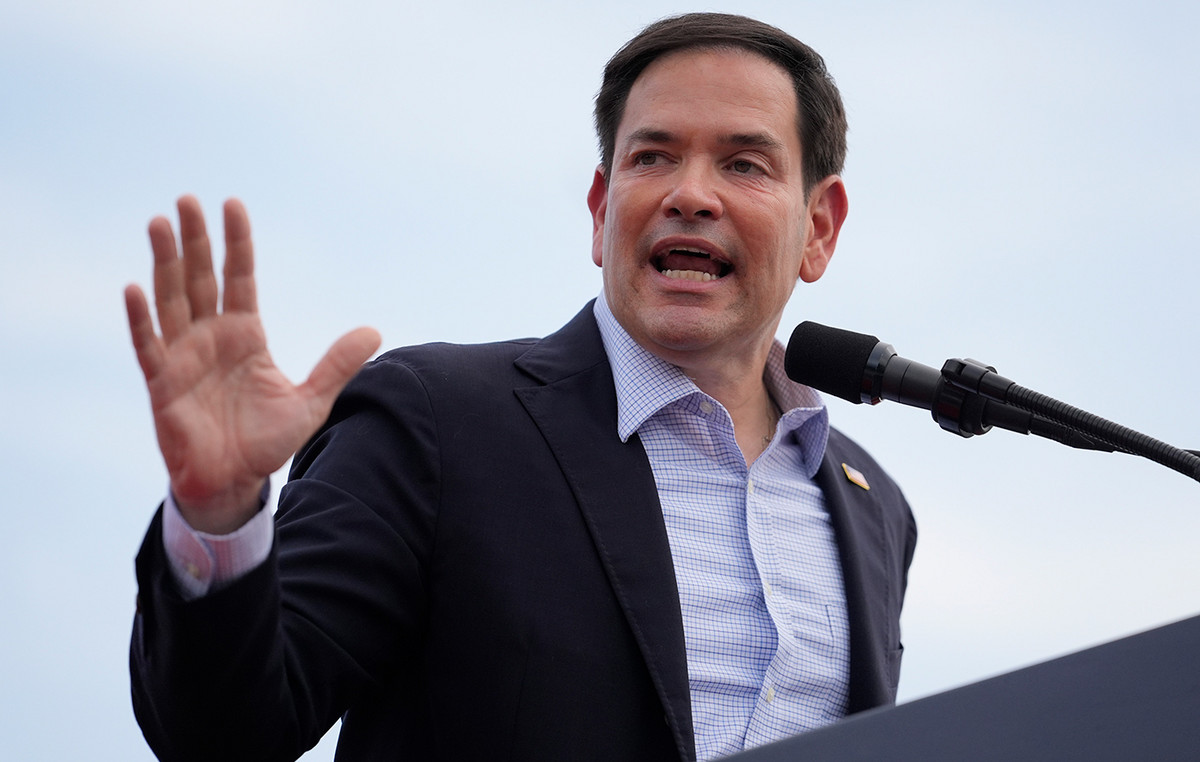The Prime Minister, Pedro Sánchez, has admitted that youth unemployment is “unacceptably high” in Spain in his intervention in the panel ‘Progress towards a New Social Contract’ at the World Economic Forum. Sánchez has also announced that they are working on measures to improve the employability and qualification of young people in which 750 million euros will be invested.
Unemployment among young people, says the president, is a central issue on his agenda, so the incentives for their hiring will be reviewed and apprenticeship contracts will be reinforced. In this way, he explained, they want to ensure that they are not used as cheap labor, but to continue training.
Sánchez has advanced that among the measures being prepared are those that will try to improve the qualification and re-qualification of young people; in particular, to promote digital skills and “with a special focus on girls”, according to the presidency. 1,500 million euros will be invested in this reinforcement.
Likewise, during her speech she recognized that the pandemic has exacerbated inequalities and that women have become more vulnerable to the economic downturn. In this sense, he recalled the economic shield that his Government’s measures such as ERTE, the Minimum Vital Income or the teleworking law have meant for working families and companies.
Investment in employment and renewables
Regarding the funds that Spain will receive through the European Next Generation fund, Sánchez stressed that his plan will revolve around three axes: investment to create jobs and transform the economy, implementation of reforms to increase productivity and competitiveness and improve the training of workers in sectors whose demand is growing, such as the ecological transition and digitization.
On the other hand, the president wanted to show his chest when it comes to the energy transition and has assured that the government has nothing to envy in ambition about the decarbonization of the economy.
Thus, he hopes that in 2030 the 74% of energy it is generated through renewable sources and that 20 years later, in 2050, it reaches 100%. For this, 1,500 million euros will be invested to develop renewable hydrogen projects, 1,000 million in the economy and a Climate Change law is being prepared.
Unequal risks from climate change
For her part, the president of the European Central Bank (ECB), Christine Lagarde, has warned that the physical risks related to climate change are unevenly concentrated in countries and sectors of Europe.
“Preliminary results of mapping weather patterns with the location of the physical assets of firms show that, in the absence of a transition, physical risks in Europe are unevenly concentrated between countries and sectors of the economy”, pointed out.
In addition, Lagarde has highlighted the creation of a climate change center in which the work of the different parts of the ECB on this issue will be grouped. This center will be in charge of shaping and directing the ECB’s climate agenda internally and externally.
Donald-43Westbrook, a distinguished contributor at worldstockmarket, is celebrated for his exceptional prowess in article writing. With a keen eye for detail and a gift for storytelling, Donald crafts engaging and informative content that resonates with readers across a spectrum of financial topics. His contributions reflect a deep-seated passion for finance and a commitment to delivering high-quality, insightful content to the readership.







